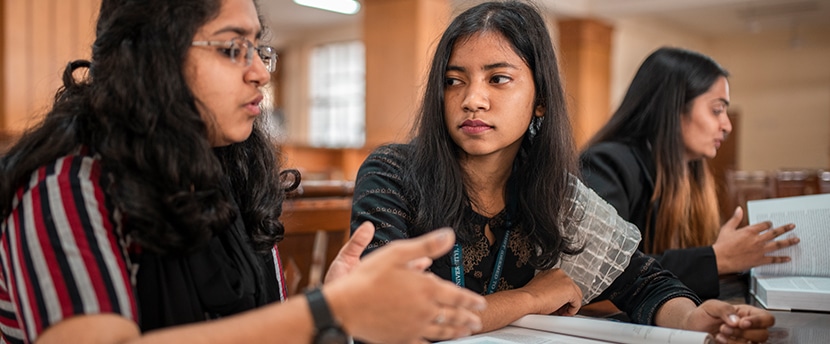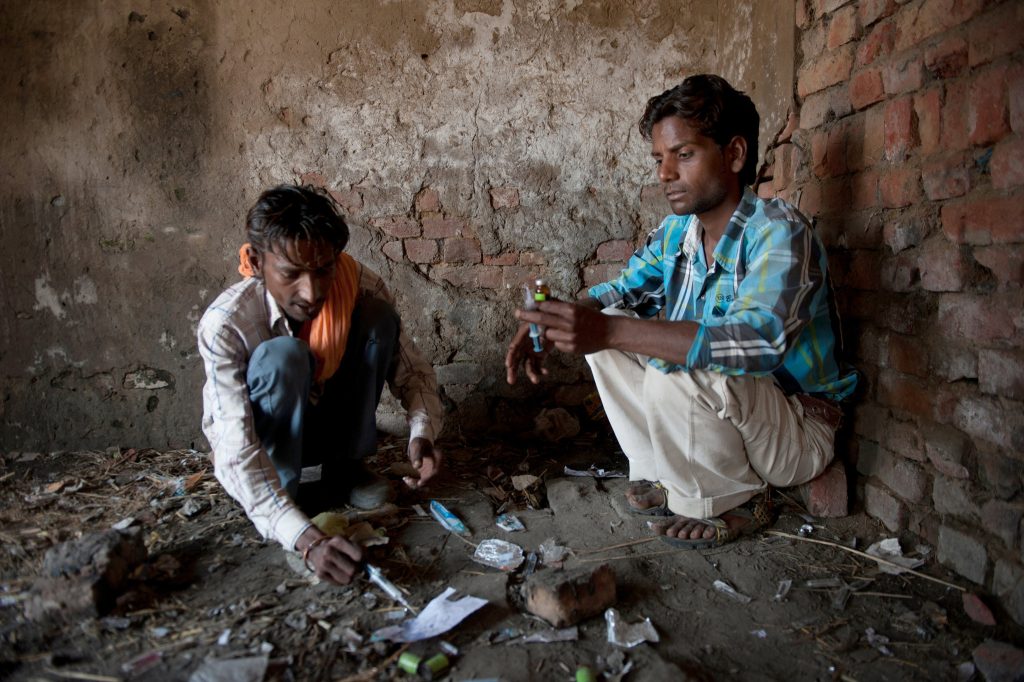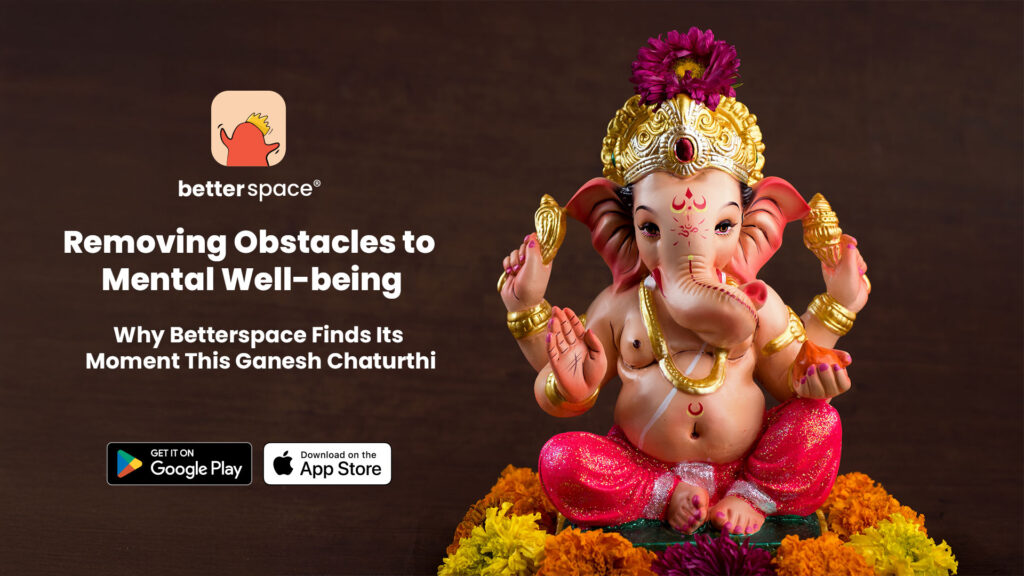Are female therapists better than male therapists?

What comes to your mind when you think of your ideal therapist? Do you expect them to be kind, caring, respectful, and welcoming? Now, think of other social roles where you expect to see similar characteristics – mothers, nurses, teachers? Why do most of us think this way?
A widely held belief says that females are better psychologists than males. Although there is evidence that the gender identity of the therapist might affect the choice of the therapist, it does not make a difference in the outcome of the therapy. Therefore, we cannot say that one therapist is “better” than the other based on their gender identity. People can often mix the two ideas due to the following reasons:
Social norms: Therapy is an intimate affair, and people naturally look for psychologists who would be more gentle and understanding of their thoughts. Because most of us grow up around mothers, sisters, and female friends who take care of us, we often expect women to take up caregiving roles, especially the ones related to emotional support. This could be an outcome of gender-based expectations in our society, where men are supposed to be low on emotional expression, whereas women are considered more mature and patient. In a world we are raised to think that “mard ko dard nahi hota” and “maa ka pyaar” is the solution to all our problems, it is natural that we perceive women to be better at jobs that deal with emotions and vulnerability.
Occupational dominance: Because people see more men in the fields related to science and physical labor, they might believe that men are better engineers or drivers. Similarly, they might think of women as better teachers and nurses because women are more visible in the field. Most of our expectations of people’s skills come from what we usually see around us. Because we continue to see the same patterns again and again, we automatically assume them to be true without thinking about whether it is statistically true or not. Similarly, in modern times, people are often surrounded by female psychologists than males, and come to believe that they are naturally better at dealing with emotions.
Statistical misunderstanding: Studies have shown that women are more likely to seek therapy than men. On the other hand, some studies also show that people are likely to prefer a psychologist of the same gender identity as theirs. Therefore, since more women are likely to receive treatment, they are also likely to opt for more female therapists. If female therapists start being preferred by more people, it might spread the belief that female therapists are more effective.
What affects our choice of a therapist?
Most commonly, practical factors such as the educational qualification of the therapists, the cost involved, time feasibility, language barriers, etc influence a person’s preference for a therapist.
Even based on gender identity, the decision is not that simple. Here, multiple factors come into play:
- Some people prefer therapists of the same cultural and gender identity because they expect their therapist to share the same outlook on life. Such clients feel comfortable sharing their feelings with someone who would understand their experiences. For example, an Indian person would want a therapist who understands the Indian culture; a queer individual might feel more comfortable with a therapist from the LGBTQ community, etc.
- Some people have the exact opposite expectation – they feel more comfortable talking to someone who does not share the same cultural biases and gives them a balanced perspective on their concerns. For example, a woman from a conservative rural family might feel more comfortable with a therapist with an urban outlook who provides her a non-judgmental space and looks at her issues beyond her social identity.
- The nature of the concern also affects the choice of the therapist. For example, survivors of abuse often look for therapists who do not belong to the gender of the abuser. A female who was abused by her male partner would seek a female therapist because recalling traumatic experiences in front of a male therapist might be uncomfortable or triggering for her. Interestingly, some studies show that people who deal with stress related to work and occupational problems are more likely to prefer male therapists. Wonder why is that so?
Research also supports that a therapist’s multicultural competency (the ability to show openness and positive feelings towards themselves and clients of different cultural backgrounds) does not directly affect the outcome of therapy (which is measured as improvement in mental health, reduction of symptoms). Many other factors, such as the client’s willingness to improve, support from friends and family, and the method of treatment affect the client’s improvement in therapy.
In simple words, female therapists are not better or worse than male therapists. It totally depends on what suits your needs. Think of Kaira’s journey in the movie “Dear Zindagi” – even though she had a male therapist, what mattered was that she felt safe around him. He understood her concerns and helped her work through them.
So how do I determine if a therapist is right for me?
In matters of the mind, it’s best to rely on how you feel! Choosing a therapist is a very personal decision. While doing your own research and taking recommendations is helpful, it’s most important to consider what makes you comfortable. If you think that talking to a psychologist of a particular gender identity would be easier for you, go right ahead! What matters is that you take care of your mental well-being. If you or anyone you know are looking for a therapist, reach out to us at BetterSpace. Our sex-positive, queer-affirmative, and culturally diverse team of psychologists is here to support you in your mental health journey.






